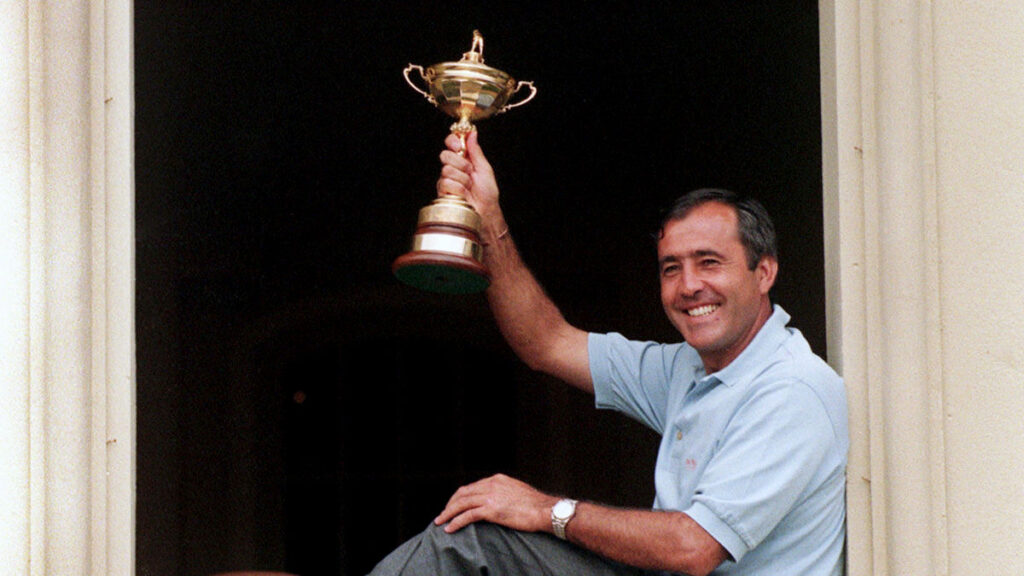
Two weeks into the 2021 golf season, the world rankings would suggest the United States is looking good for victory in the Ryder Cup at Whistling Straits in September. There are 24 players who participate in the Ryder Cup. As of now, 14 of the officially top-24 players in the world are American. (Tony Finau and Kevin Na would be the two to miss out on the basis of who’s best plays.) Sungjae Im, Hideki Matsuyama, Adam Scott and Louis Oosthuizen aren’t eligible, which leaves six Europeans in the world’s current top two-dozen.
These are (in order) Jon Rahm, Rory McIlroy, Tyrrell Hatton, Viktor Hovland, Matthew Fitzpatrick and Tommy Fleetwood. At this range it is likely that all six of those would make the European team. Only Hovland would be a rookie. There would be one huge statistical anomaly. Never before has a player from a non-EU country represented Europe in the Ryder Cup. Obviously there would be six players to be added to the cast but of those aforementioned six only Rahm is from a nation in the European Union. Pre-Brexit, Hovland would have been the only one to break the mould.
Non-British golfers were introduced to the matches in 1979. From the Ryder Cup’s inception in 1927 to that point, the Americans had won 14 of the 18 matches, suffering three defeats and a tied match at Royal Birkdale in 1969. The US then won the first three matches after the addition of players from continental Europe. In the 17 subsequent matches, though, beginning in 1985, Europe has won 11, the USA has won five, plus there was the tied match at The Belfry in 1989. That represents an astonishing transformation in the fortunes of the European team, which can largely be laid at the door of one man – Seve Ballesteros, who played in the 1979 match. As a player in seven subsequent matches, and as captain in1997, he more than any other individual was the catalyst that sparked the extraordinary rewriting of the competition’s history. There would be those who would argue that he played a part in Europe’s remarkable comeback victory at Medinah in 2012 – this even though he had passed away the year before, approaching ten years ago now!
Once we get to Whistling Straits – as surely we will this year – what about spectators? It was broadly agreed that without fans the match should not take place in 2020, but now? The match is scheduled for the last weekend of September, which is sometime away and by then a significant number of people will been vaccinated against the coronavirus; maybe most people who need/want a jab. Even if it would not be safe to have the number of spectators that would have been planned in a non-Covid world, one would imagine it would be safe to assume there could be some.
Either way, though, expect the match to happen this time. The Ryder Cup has an extra two months’ breathing space compared to the Olympic Games in Tokyo, where pessimism is slowly moving into the ascendancy. Thomas Bach, president of the International Olympic Committee, has said that after postponement last year, if the Games don’t happen this summer then they won’t happen at all until 2024 in Paris. The PGA of America and the European Tour will not want to be put in the place of having to make that sort of choice about the Ryder Cup.
You can follow Robert Green on Twitter @robrtgreen and enjoy his other blog f-factors.com plus you can read more by him on golf at robertgreengolf.com